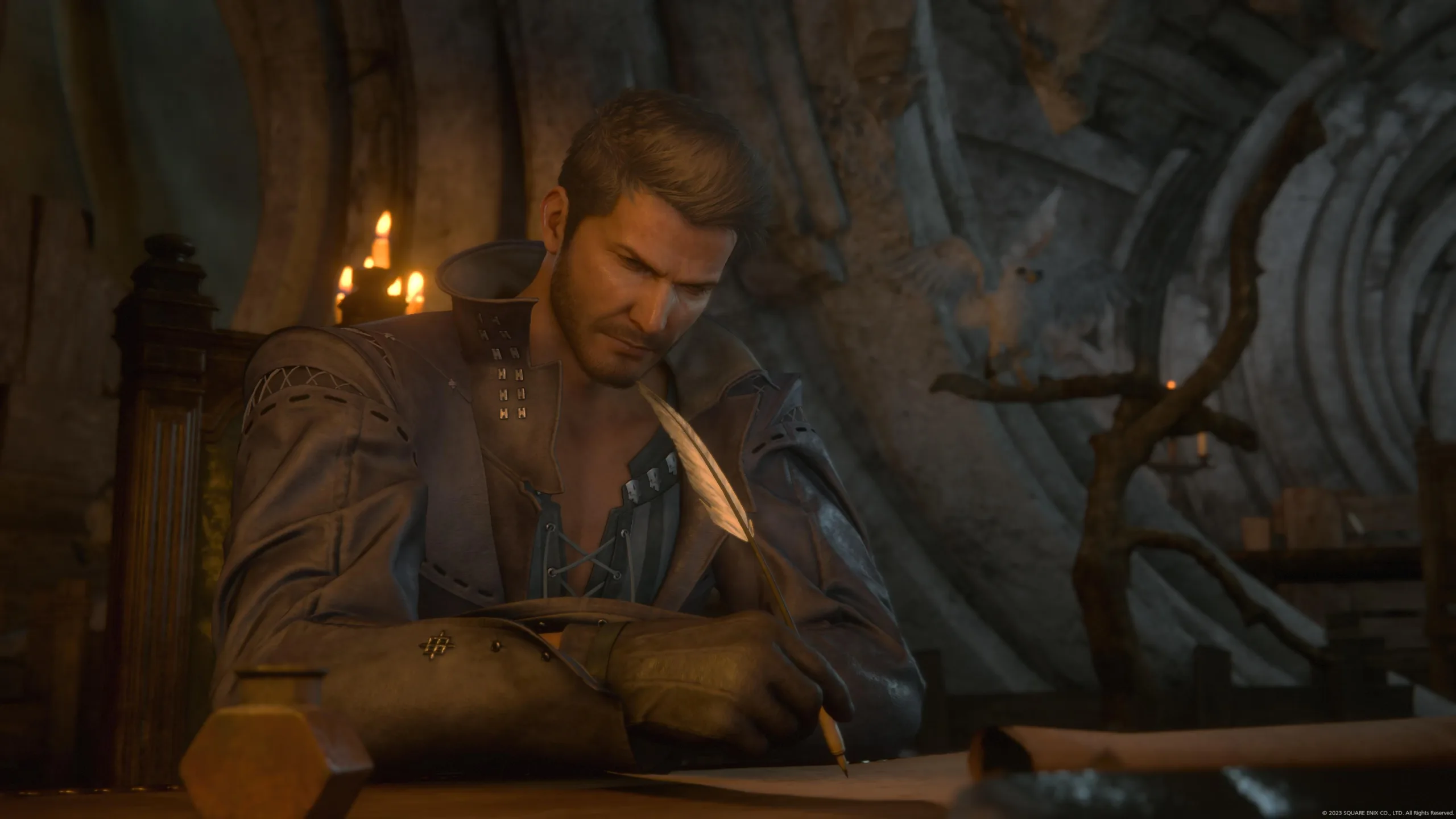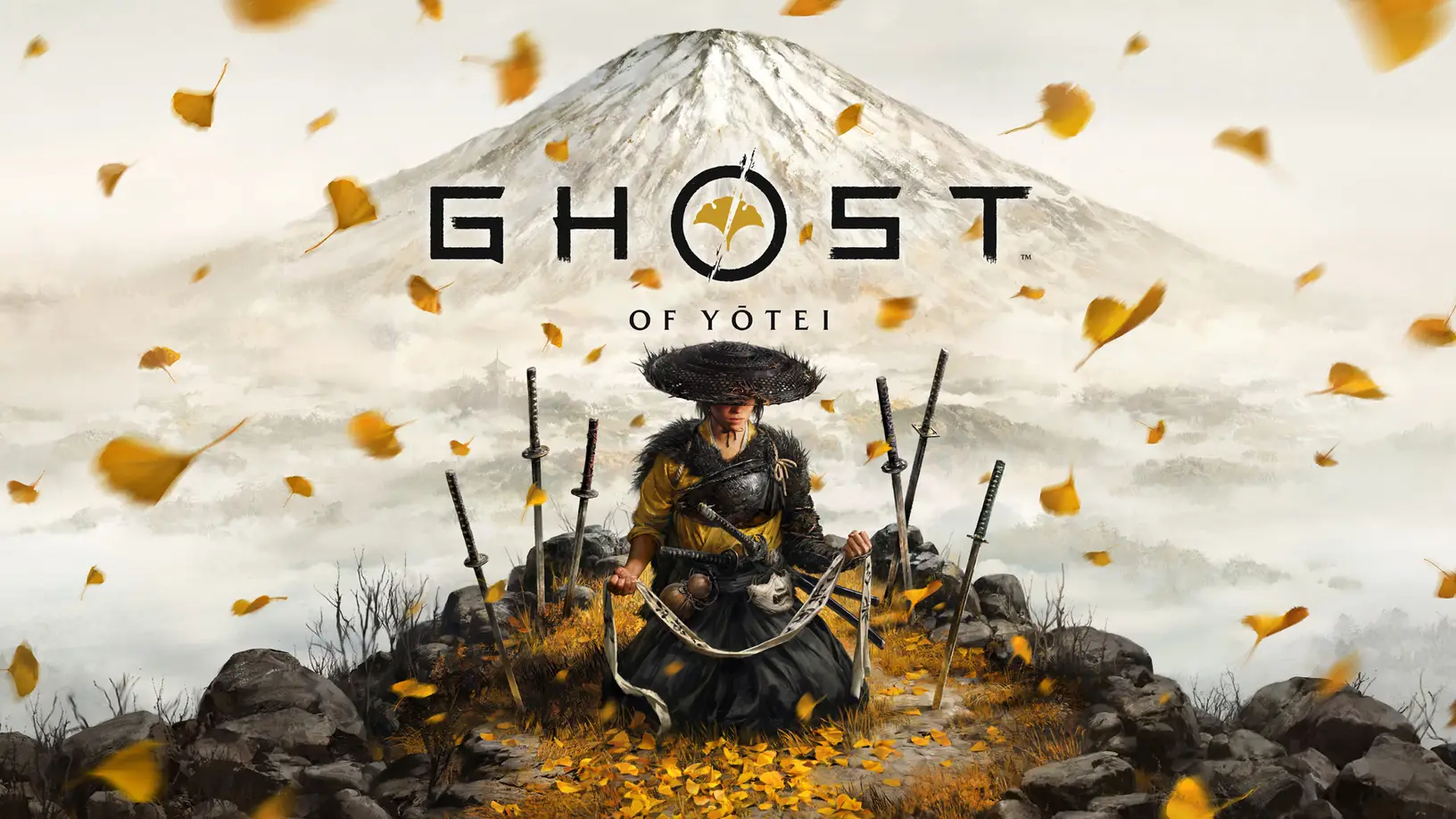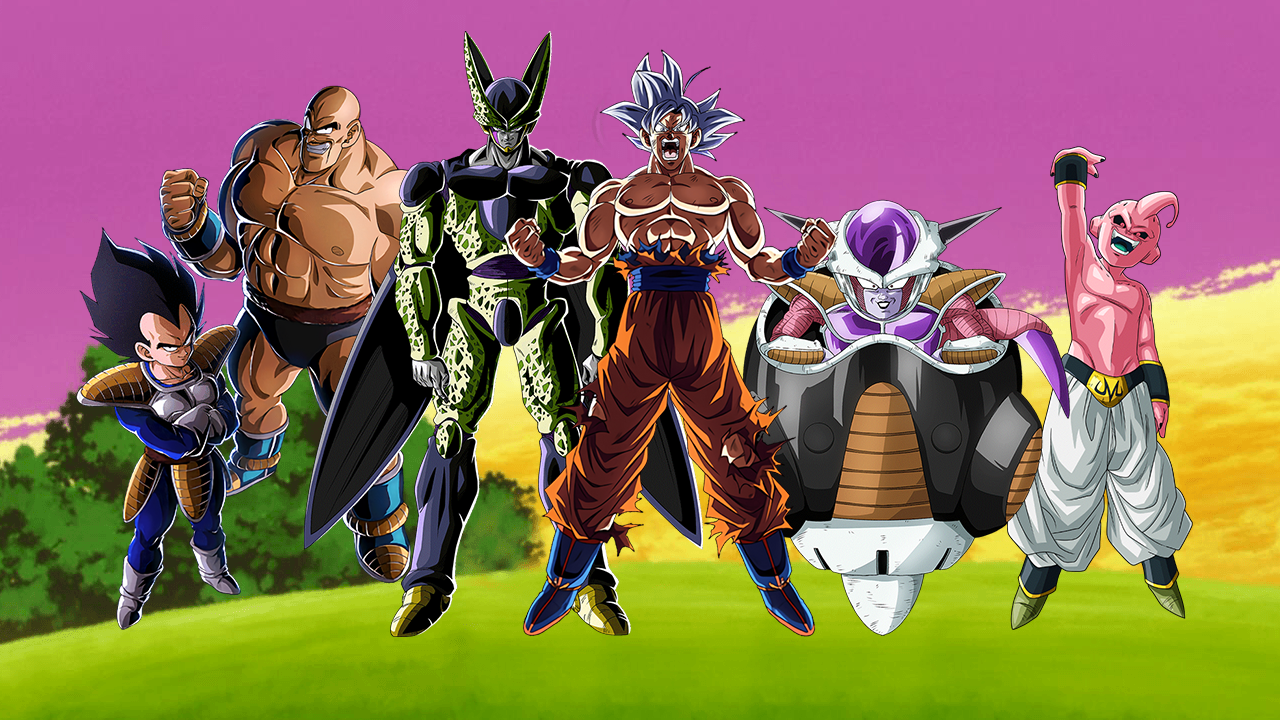FINAL FANTASY XVI: A Fractured Fantasy
Estimated reading time: 5 minutes
Deconstructing the Divisive Reception of Final Fantasy XVI
Buy FINAL FANTASY XVI from Amazon: Link
Buy FINAL FANTASY XVI PS5 Bundle from Amazon: Link
Buy FINAL FANTASY XVI Deluxe Edition from Amazon: Link
The gaming industry thrives on anticipation and speculation, and few franchises generate as much fervor and scrutiny as the beloved Final Fantasy series. With each new entry, fans and critics alike hold their breath, eager to delve into another captivating adventure. However, the recent announcement of Final Fantasy XVI has stirred up a whirlwind of mixed reactions and divisive opinions. In this opinion piece, we delve into the multifaceted landscape surrounding the negative reception of Final Fantasy XVI, analyzing the factors contributing to this polarized response.
At the core of this fragmented response lies a delicate balance between nostalgia and evolution. Final Fantasy XVI seeks to honor the series’ storied history while embracing innovative gameplay mechanics. For some fans, the return to a medieval setting and more traditional RPG elements is a welcomed throwback, evoking fond memories of earlier entries. Yet, others argue that the franchise should strive for bold, uncharted territories, pushing the boundaries of what Final Fantasy can be. This clash between nostalgia and innovation has undoubtedly contributed to the mixed reactions surrounding the game.
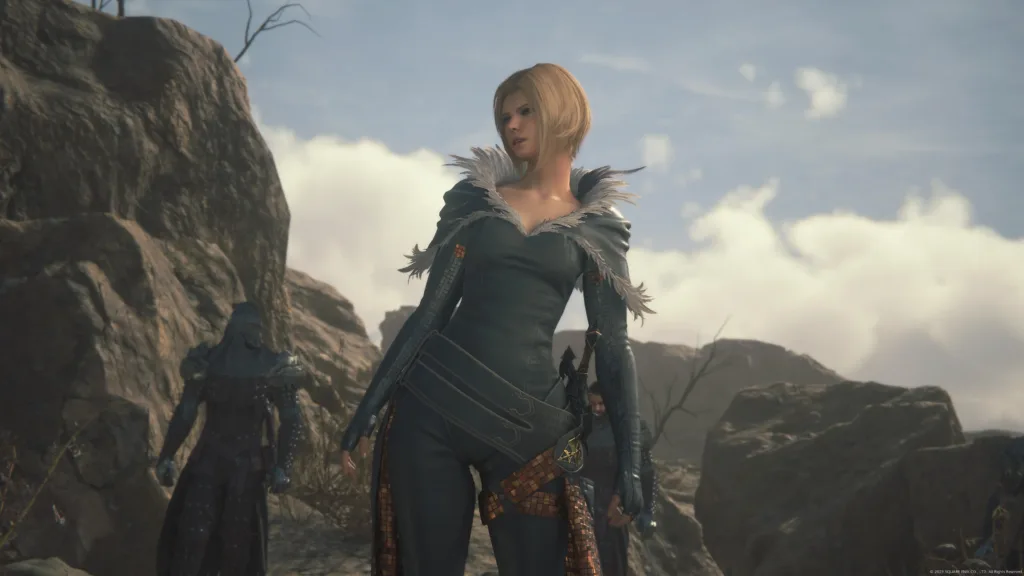
The Final Fantasy franchise has always walked a tightrope between honoring its nostalgic roots and embracing innovative gameplay mechanics. With Final Fantasy XVI, Square Enix aims to strike a balance between the familiar and the new. However, this delicate tightrope act has resulted in a schism among fans. Some argue that the game’s return to a medieval setting and more traditional gameplay elements is a welcome nostalgic return to the series’ roots, while others view it as a missed opportunity for fresh and groundbreaking ideas.
Moreover, the weight of expectations placed upon Final Fantasy XVI cannot be ignored. With each new release, fans anticipate an experience that surpasses its predecessors, both in terms of storytelling and gameplay. However, these heightened expectations can inadvertently lead to a sense of disappointment when reality fails to align with grandiose fantasies. It is essential to acknowledge that Final Fantasy XVI faces an uphill battle against the weight of anticipation, which can color the initial reception and create an echo chamber of criticism.
Final Fantasy XVI carries the weight of sky-high expectations, which can be a double-edged sword. On one hand, fans expect the franchise to evolve and push boundaries with each installment. On the other hand, these heightened expectations can lead to an inevitable sense of disappointment when reality fails to align with lofty fantasies. The negative reception may stem from the game’s inability to meet inflated expectations, despite Square Enix’s best efforts to deliver an engaging experience.
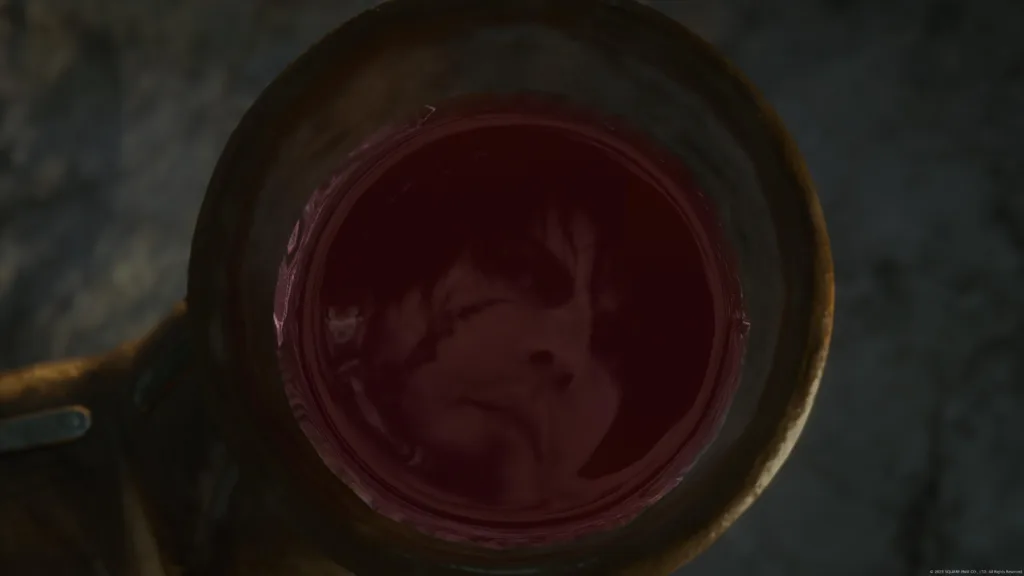
As with any highly anticipated game, preconceived notions can color the reception and create an echo chamber of criticism. Speculation and rumors leading up to the game’s release can shape expectations that may not align with the final product. This disparity can lead to disappointment and a negative bias even before players have had a chance to experience the game firsthand. It is essential to approach Final Fantasy XVI with an open mind, allowing the game to stand on its own merits rather than comparing it to preconceived notions.
Another element contributing to the divided reception is the game’s artistic direction. Final Fantasy XVI has taken a darker and grittier approach, departing from the more fantastical and whimsical settings of previous entries. While some embrace this shift, viewing it as a refreshing exploration of mature themes, others argue that it veers too far from the essence of what Final Fantasy represents. This clash of artistic vision has added fuel to the fire of the ongoing debate.
Lastly, the perils of preconceived notions cannot be overlooked. Leading up to the release of Final Fantasy XVI, speculation and rumors run rampant, shaping expectations that may not align with the final product. These preconceived notions can create a negative bias even before players have had the chance to experience the game firsthand. It is crucial to approach Final Fantasy XVI with an open mind, allowing the game to stand on its own merits rather than comparing it to speculative expectations.
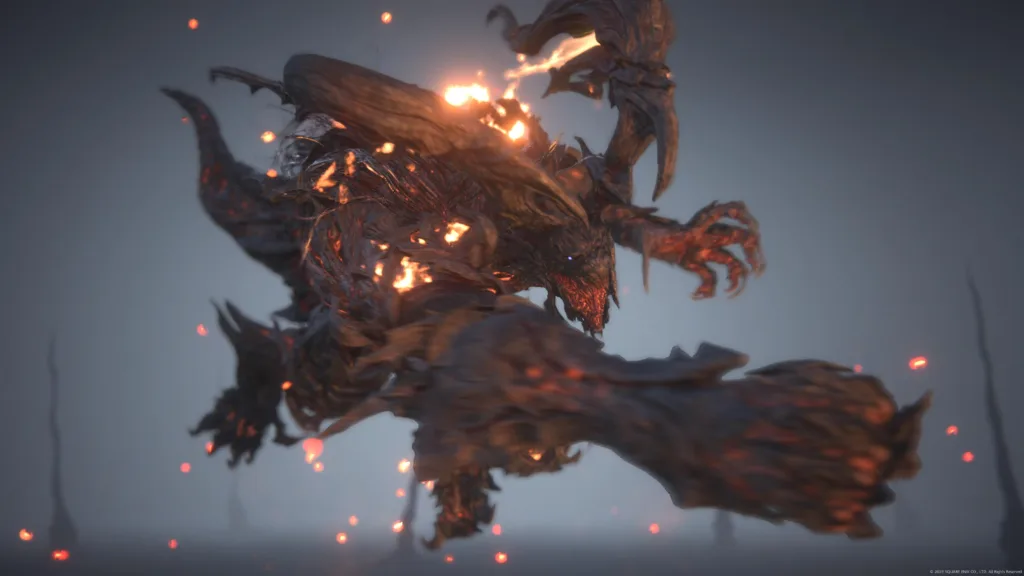
The negative reception of Final Fantasy XVI is a complex tapestry woven from a multitude of factors. Nostalgia, expectations, artistic direction, and preconceived notions all play a role in shaping the polarized opinions surrounding the game. As fans and critics continue to dissect the trailers and reviews, it is crucial to maintain a measured perspective. Final Fantasy XVI, like its predecessors, is an evolving entity that seeks to strike a balance between honoring its roots and pushing the boundaries of the franchise. Ultimately, the true judgment of Final Fantasy XVI can only be made when players embark on their own journey through its world. Let us reserve our final verdict until we have experienced the game firsthand, allowing ourselves the opportunity to be pleasantly surprised or constructively critical.
Do you have a news tip or wish to contact us directly? You may reach us at hello@robotsoverdinosaurs.net.
